Last week, I attended the launch of the "No Hope Lost" campaign of GlaxoSmithKline. It is an awareness campaign on the heavy burden of pneumonia and diarrhea and if left unchecked can potentially lead to devastating consequences.
The lovely Ria Tanjuatco-Trillo as our host that afternoon
Celebrity mom Barbie Almalbis-Honasan shared her story when they had a pneumonia scare with her kids.
Everyday in the Philippines, 37 Filipino children (age 1-59 months old) die from pneumonia while 13 Filipino children (age 1-59 months) die from diarrhea. These statistics are very alarming. That's why it's important for us to know more about these diseases. R had been having LBM that past few days, I was so scared that it might be diarrhea but it
Dr. Sally Gatchalian, Deputy Executive DIrector of the Philippine Foundation for Vaccination, President of Pediatric Infectious Disease Society of the Philippines (just to name of a few of her credentials), was there that afternoon to explain more about pneumonia and diarrhea.
What exactly is pneumonia?
Pneumonia is a severe form of acute lower respiratory infection that specifically affects the lungs. The typical symptoms of pneumonia include a cough, chest pain, fever, and difficulty breathing.
Image from Unicef
Pneumococcal disease is an infection caused by the bacterium Streptococcus pneumoniae also known as pneumococcus which can result to life-threatening conditions such as pneumonia. It can also result to Acute Otitis Media (AOM) which is an ear infection, a common and highly prevalent disease. It also includes severe diseases such as meningitis, complicated pneumonia, and sepsis (blood poisoning), which occur when the pneumococcus "invades" the blood. The invasive forms of the pneumococcal disease are a category called Invasive Pneumococcal Disease (IPD).
“It’s the best time to raise awareness on pneumonia and diarrhea prevention. These diseases should not cause unnecessary suffering to young children,” says Dr. Sally Gatchalian, "Sometimes it’s just that parents don’t know enough about these diseases, and they don’t know that there are actually vaccines for them.”
What is diarrhea?
Diarrhea is defined as having loose or watery stools at least three times per day, or more frequently than normal for an individual. Acute cases can lead to significant fluid loss and dehydration, which may result in death or other sever consequences.
Diarrhea is caused by a wide range of pathogens including bacteria, viruses and protozoa. Rotavirus is the leading cause of acute diarrhea and is leading reason for about 40% of hospital admissions.
As a mom, whenever my kids get sick, my world turns upside down. We would do everything to make our kids to get well and feel better. No child has to suffer and die because of these diseases because they are preventable. As goes the saying, "Prevention is better than cure." Have your kids vaccinated These vaccines can be administered as early as six weeks, ask your pediatrician. The early your protect, the better is is.
Other ways to get your child protected aside from vaccination are by breastfeeding, hand washing, preventing air pollution, and adequate nutrition.
The “No Hope Lost” campaign from GlaxoSmithKline, which embodies the need for immediate action to get children vaccinated against pneumonia and diarrhea, will soon be launched through radio ads, print notices, flyers, and posters.
“With the help of our dear pediatricians, and the Department of Health, we are committed to the reduction of pneumonia and diarrhea cases nationwide by supplying high quality vaccines. These diseases account for an alarming almost 50 mortalities per day in the Philippines. GSK is here to support the Filipino medical community and the government’s drive to make health services accessible to everyone,” added Philip Cruz, GSK Medical Director.




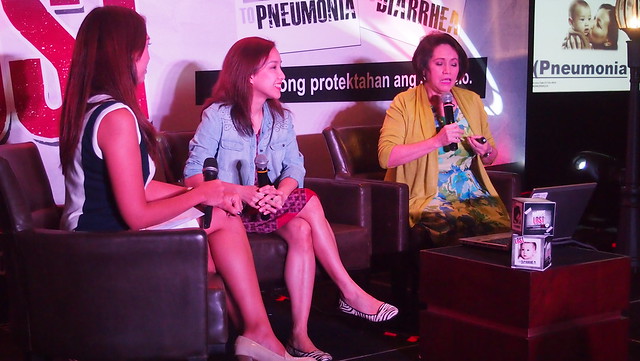

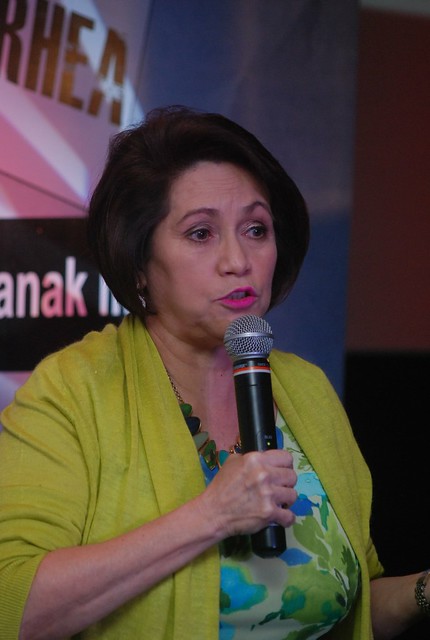

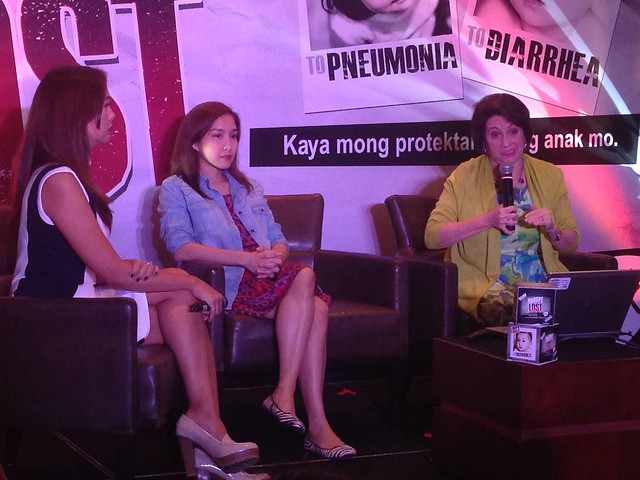

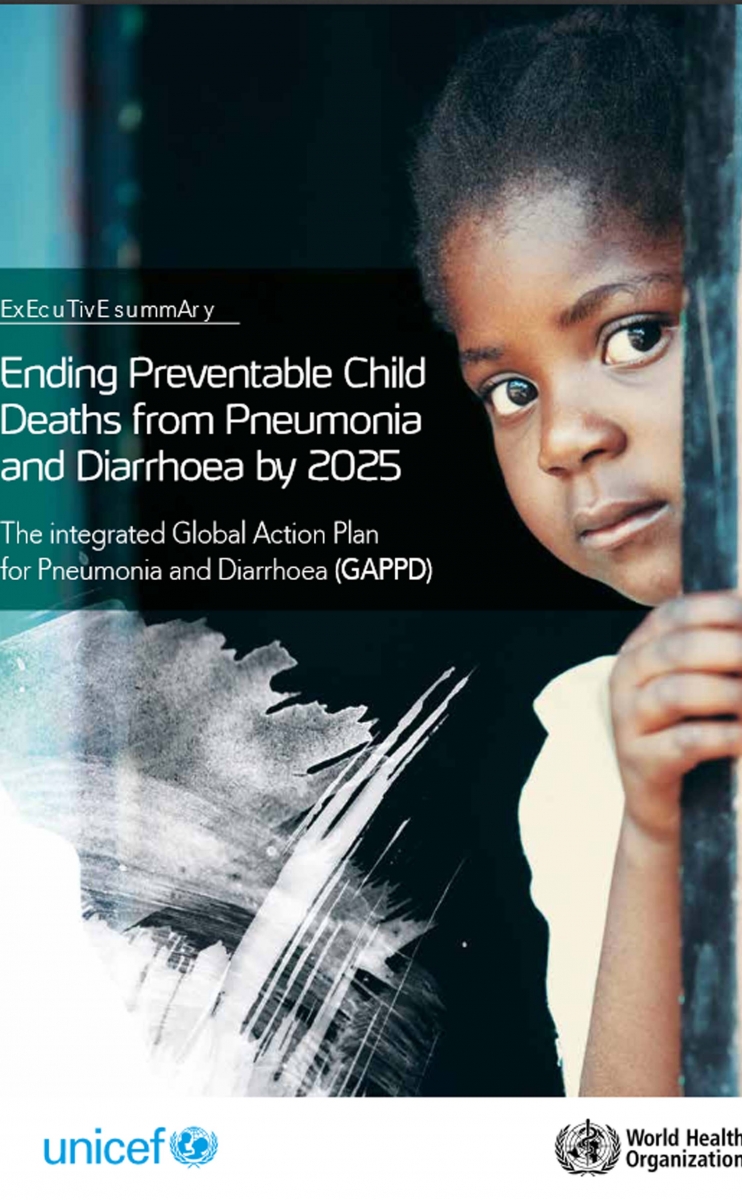

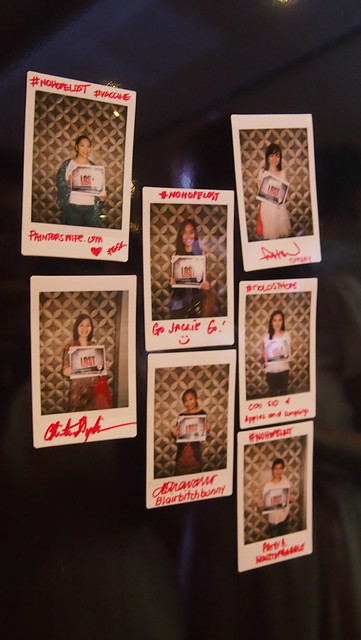
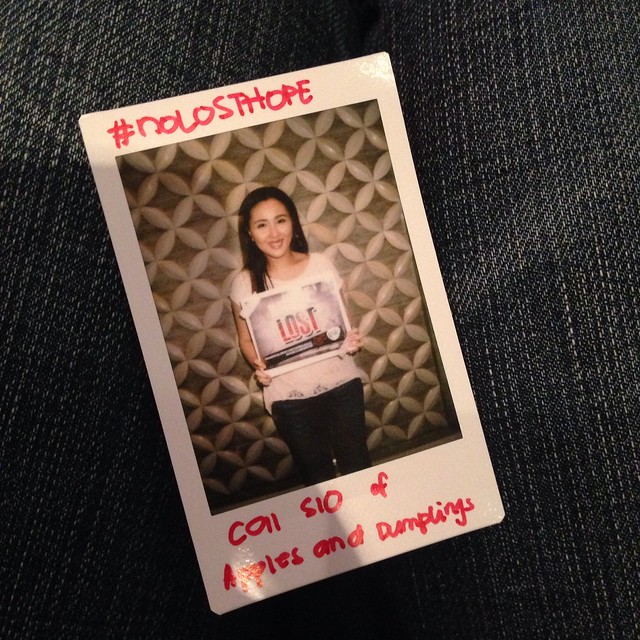

No comments :
Post a Comment